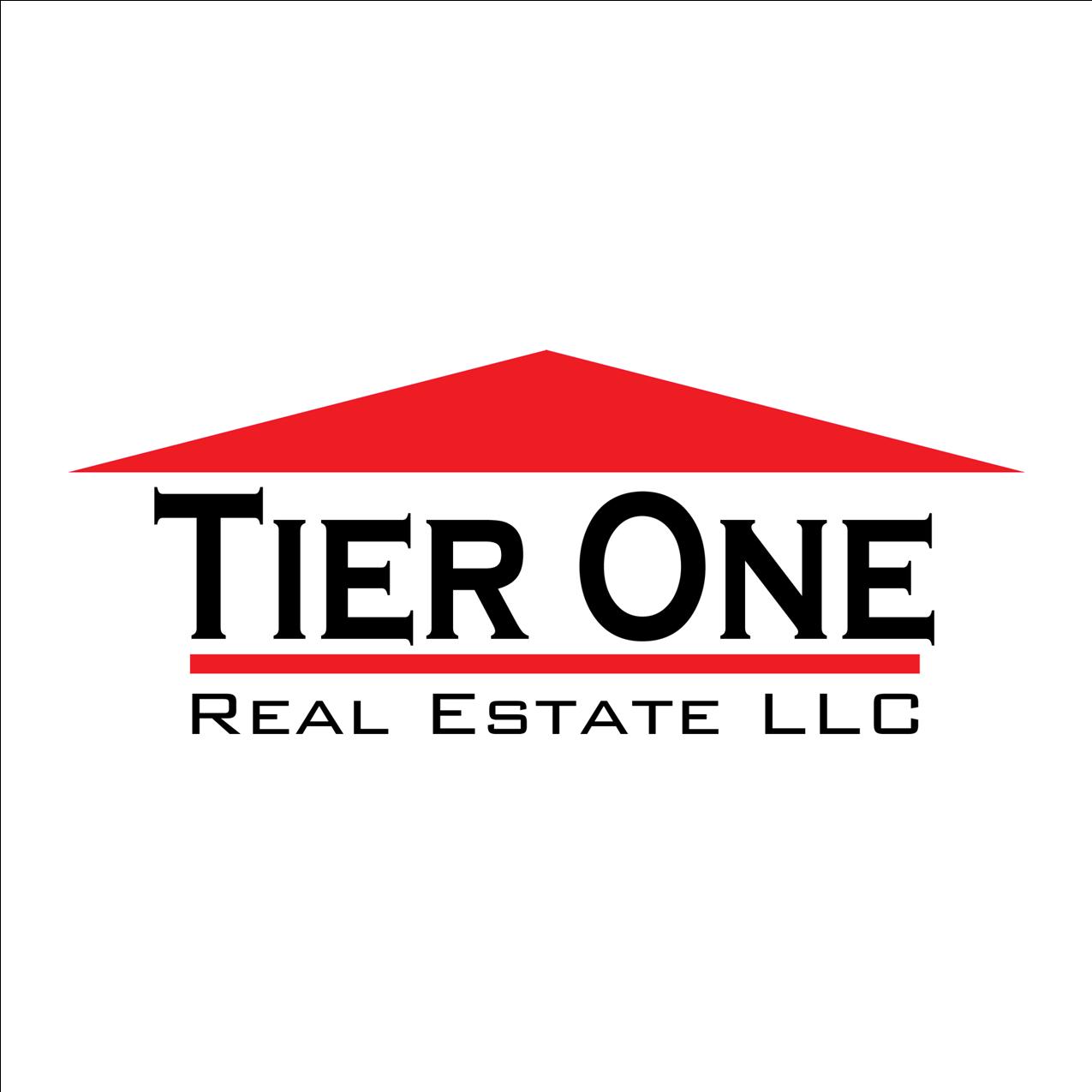Utah’s rental laws have changed, and these updates directly affect landlords. Whether you own a single rental or manage multiple properties, these new bills impact how you handle leases, rent increases, evictions, and tenant screening. Ignoring these changes could lead to compliance issues, fines, or legal disputes.
Several house bills passed in Utah introduce stricter regulations on landlord-tenant relationships. Landlords must understand what’s changed to avoid costly mistakes. These aren’t just minor tweaks—some laws may require you to update your lease agreements, tenant policies, and business strategies.
A compliance misstep could lead to delayed evictions, financial losses, or even lawsuits, but smart landlords take the time to understand these changes and adapt quickly.
Read on to keep updated on the most important House and Senate Bills passed in Utah in 2025 and know their impact on your rental property business.
A. Key House Bills Passed in Utah 2025 Affecting Landlords
Utah’s 2025 legislative session introduced several new laws that impact landlords' management of rental properties. From tenant rights to lease regulations, these updates bring significant changes that property owners must understand to stay compliant.
HB37 – Affordable Housing Incentives
The new HB37 law changes how housing development and rentals work in Utah. Cities can now approve higher-density projects under certain conditions. The bill also tightens owner-occupancy rules in some zones and forces local governments to push moderate-income housing strategies.
- Rental Market Impact: If your property is in an owner-occupancy zone, your short-term and long-term rental options might be limited. You may need to adjust your leasing strategy or consider an owner-occupied rental model. New zoning rules and rental caps could also change how you operate.
- Property Values Could Shift: More high-density projects could increase home values in some areas. However, stricter occupancy rules and affordability mandates might turn away investors, slowing appreciation in certain markets.
What to do: Landlords should verify whether their rental properties are affected by owner-occupancy rules.
HB256 – Stricter Short-Term Rental Regulations
HB256 could introduce new restrictions or zoning requirements if you own or operate short-term rentals. Cities and counties now have more authority to regulate these properties, which might mean additional permits, licensing fees, or outright bans in certain areas. Landlords relying on platforms like Airbnb or Vrbo should stay updated on local policies to avoid fines or forced property use changes.
- Rental Income Might Take a Hit: Tougher rules mean less profit for short-term rental owners. If your city cracks down, you may have to switch to long-term leasing, which often pays less. Run the numbers now to see how different rental strategies impact your cash flow.
- Property Values Could Shift: Banning short-term rentals can lower demand—and property values. But in rental-friendly areas, values could rise as investors compete for fewer spots. Monitor how local policies shape the market if you're buying or selling.
What to do: Check with your local government to see how they apply these new rules. Understand zoning overlays and affordable housing requirements before making any rental decisions. Compliance now can save you from headaches later.
HB368 – Cutting Red Tape for Landlords and Investors
HB368 is designed to simplify government regulations, making it easier for landlords, property owners, and investors to manage properties without unnecessary bureaucratic delays. The bill doesn’t create new policies but clarifies existing land use laws, streamlines approval processes, and reduces confusion.
- Faster Approvals: Less paperwork and more explicit guidelines mean quicker approval times for permits and developments. If you’re building, renovating, or converting a property, this could speed things up and lower costs.
- Clearer Regulations: Conflicting definitions and confusing rules have slowed down projects in the past. HB368 clarifies the language in land use laws, reducing headaches regarding zoning, permits, and development plans.
- More Investment Flexibility: With fewer restrictions, property owners and investors can more freely explore different rental strategies. There's more room for innovation, whether it’s short-term rentals, multifamily conversions, or new housing models.
What to watch: This bill simplifies processes but doesn’t override local policies. Cities and counties still set rules, so staying updated on local regulations is key.
HB360 – More City Funds for Homeownership
HB360 lets Utah’s biggest cities use state funds to buy, fix up, and sell single-family homes. However, there’s a catch: Buyers must live in the homes for at least five years, keeping them off the rental market.
- Fewer Investment Opportunities: If you want to flip or rent, this program shuts you out. As more cities adopt similar restrictions, the number of available investment properties could shrink.
- Higher Demand for Existing Rentals: Fewer homes for rent means more demand for what’s left. Landlords in high-growth areas might see lower vacancies and higher rents.
- City-Led Housing Development: With state-backed funding, cities have more power to buy and redevelop properties. Investors eyeing similar projects may have to compete with local governments or rethink their strategies.
What to watch: This bill applies to cities with at least 65,000 people, mostly along the Wasatch Front. If you invest in these areas, keep an eye on how cities roll out the program—and whether similar policies spread.
B. Senate Bills Impacting Utah Landlords
Several new Senate bills passed in Utah this year bring key changes for landlords, affecting property regulations and rental policies. Staying informed about these updates is essential to managing rentals smoothly and avoiding compliance issues.
SB181 – Loosening Parking Requirements
SB181 makes homeownership cheaper by limiting cities’ power to require garages for affordable single-family homes. It also caps the size of required parking spaces, preventing oversized mandates. However, local governments can still require on-site parking.
- Lower Construction Costs, More Affordable Homes: Dropping garage requirements cut construction costs, making homes more affordable. However, since SB181 applies only to owner-occupied homes, rental properties won’t see direct benefits. Property values might shift—some buyers will jump at lower-cost, garage-free homes, while others may still pay a premium for garages.
- Potential Market Shifts: Garage-free homes could compete with traditional single-family properties, slowing appreciation in some areas. Investors should monitor demand and adjust their strategies accordingly.
What to watch: Even though SB181 doesn’t apply to rentals, shifts in home prices could impact rental demand and property values. Keep an eye on how your local market reacts.
SB201 – Inviting Condo Construction
SB201 makes it harder for homeowners to sue condo developers over construction defects. Before taking legal action, owners must notify the developer and give them nine months to fix the issue. If the problem isn’t resolved, then a lawsuit can proceed.
- Encouraging More Condo Development: With fewer legal roadblocks, developers may build more condos, adding inventory and helping stabilize prices. For investors, this could mean more opportunities to buy. However, with weakened legal protections, buyers may face higher risks when purchasing new units.
- Market Shifts to Watch: If SB201 works as intended, Utah could see more condo developments, easing some housing shortages. But if developers cut corners, lawsuits could still pile up after the nine-month waiting period. Investors should keep an eye on construction quality and market response.
What to do: If you’re investing in condos, pay attention to how developers handle repairs under the new rules. More projects could mean more choices but also more risk if quality declines.
C. Other New Laws That Affect Landlords
Beyond rental laws, Utah lawmakers passed several measures to make housing more accessible and affordable. These laws focus on financial aid for buyers, infrastructure for affordable housing, and streamlining state policies.
- SB262 – Homebuyer Assistance Loans: Expands access to down payment and closing cost assistance through shared appreciation or deferred, no-interest loans, repaid when the home is sold or refinanced.
- HB502 – Affordable Housing Infrastructure Grants: Creates a grant program for Salt Lake County to fund infrastructure projects supporting affordable housing.
- HCR14 – Housing Policy Consolidation: Pushes for a unified approach to housing affordability efforts across state agencies following a 2023 audit.
- SB23 – First Home Investment Zones: Helps local governments create special investment zones to boost first-time homeownership.
Important Note: These laws could shape future housing development, affordability programs, and investment opportunities. Stay informed to see how they impact your market and real estate strategy.
Partner with Experts to Keep Your Rentals Legally Sound
Keeping up with legal changes can feel overwhelming, but ignoring them isn’t an option. New rental laws in Utah impact everything from lease agreements to rent increases, and staying compliant is essential for protecting your investment. The good news? You don’t have to navigate these changes alone.
At TierOne Real Estate, we specialize in helping landlords manage their properties efficiently while fully complying with Utah’s evolving rental laws. Our services include:
- Updating lease agreements to align with new legal requirements.
- Ensuring tenant screening practices follow fair housing regulations.
- Helping landlords understand tax incentives and zoning changes.
- Managing rent collection and lease renewals to prevent compliance issues.
With the right property management team on your side, you can focus on growing your rental business without worrying about legal pitfalls. TierOne Real Estate can help you navigate these changes. Contact Utah’s Professional Property Management today to ensure your rental business stays on track.
Related Articles
How to Determine Which Type of Investment Property is Right for You in Salt Lake City
Effective Lease Enforcement Tips for Salt Lake City Landlords: Lease Violations and Resolutions
What First-Time Buyers Need to Know in Salt Lake City Investment Properties



